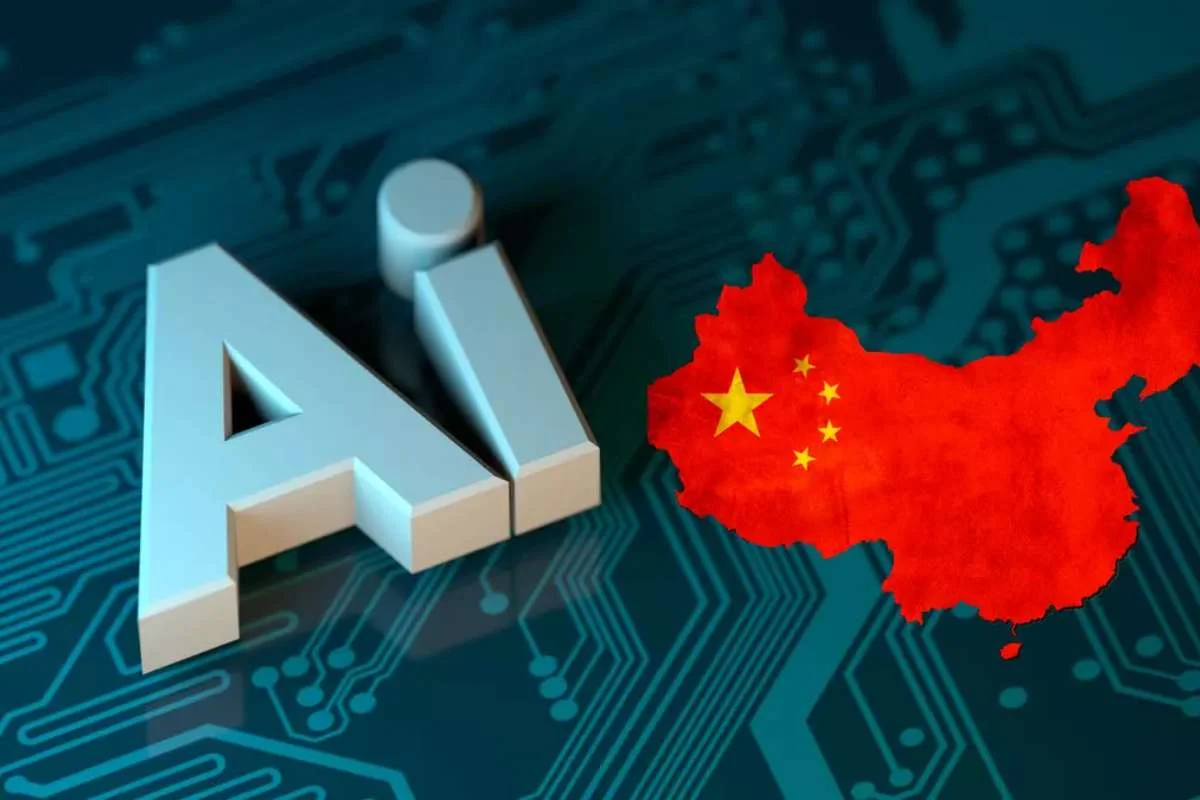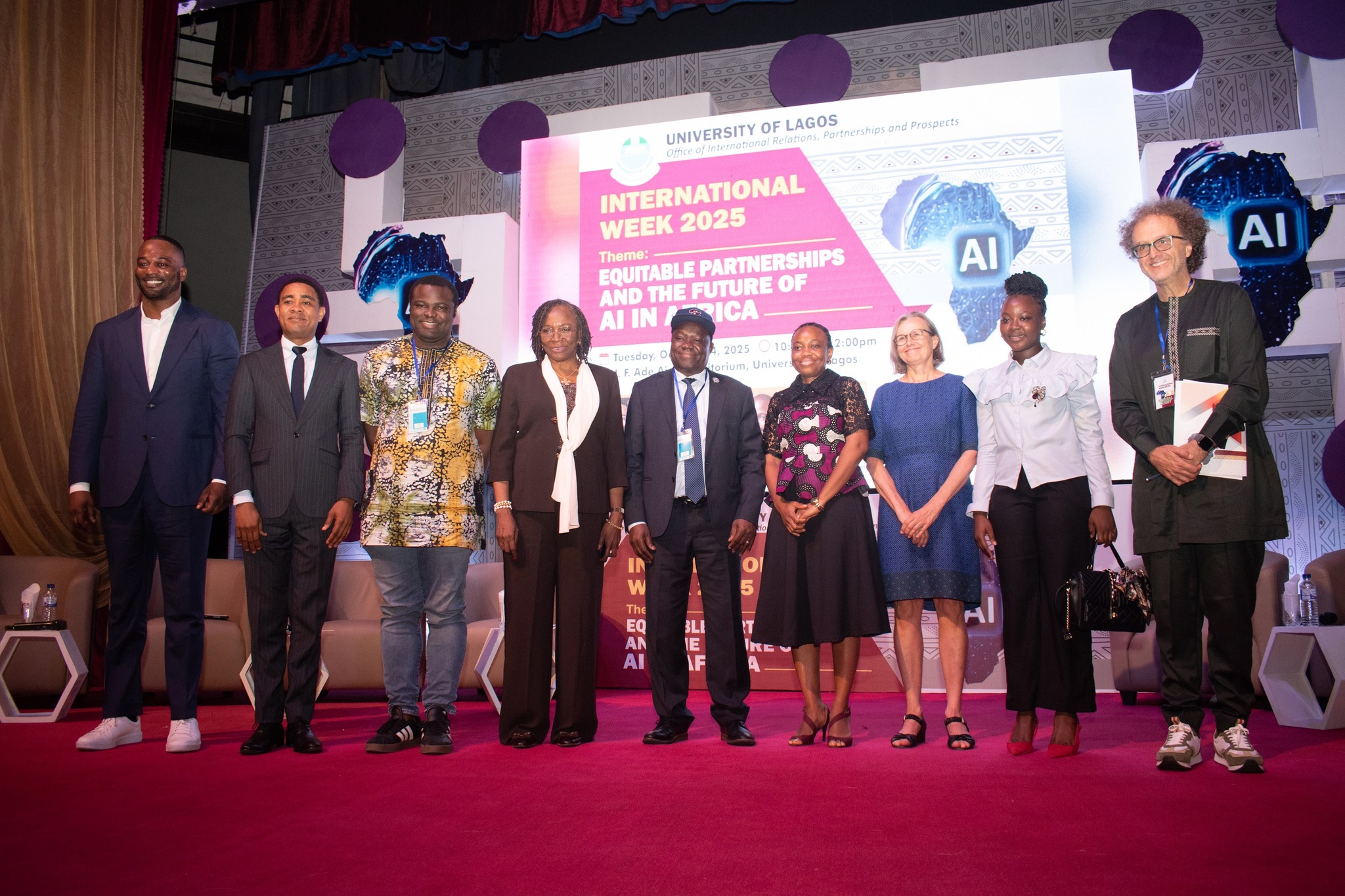A new wave of Chinese AI technology is transforming the startup landscape across sub-Saharan Africa, offering unprecedented access to cutting-edge tools at a fraction of Western prices.
In tech hubs from Lagos to Nairobi to Johannesburg, a quiet revolution is underway. African entrepreneurs are increasingly turning to Chinese artificial intelligence models and cloud infrastructure to build solutions tailored to their local markets—and they’re doing it at costs that would have been unthinkable just years ago.
The Cost Advantage Driving Innovation
The numbers tell a compelling story. While OpenAI charges approximately $15-20 per million tokens for its reasoning models, Chinese alternatives like DeepSeek offer comparable services for as little as $0.56 per million input tokens and $1.68 per million output tokens. This represents a cost reduction of up to 30 times, a difference that can mean survival or failure for cash-strapped startups in emerging markets.
“The pricing structure changes everything,” explains a tech entrepreneur in Nairobi. “What was once reserved for well-funded Western startups is now accessible to anyone with a laptop and an idea.”
This affordability gap has created an opening that Chinese tech giants are eagerly filling. DeepSeek, in partnership with Huawei Cloud, has been actively courting African tech executives, offering bundled solutions that combine powerful language models with robust cloud computing infrastructure.
Beyond Price: The Data Sovereignty Factor
But the appeal of Chinese AI tools extends beyond mere cost savings. For African nations increasingly concerned about digital sovereignty, these platforms offer something Western competitors often don’t: flexibility and local control.
Unlike the tightly controlled ecosystems of American tech giants, Chinese open-source models like DeepSeek and Qwen allow African developers to customize and fine-tune algorithms for local languages and contexts. This matters enormously on a continent with over 2,000 languages, where most AI development has historically focused on English and other Western languages.
Startups across Kenya, Nigeria, and South Africa are seizing this opportunity to build AI solutions that speak to their communities—literally. From agricultural advice in Swahili to healthcare chatbots in Yoruba, these locally-adapted tools are addressing needs that global platforms have long overlooked.
The Geopolitical Dimension
This technological shift isn’t happening in a vacuum. As US-China competition intensifies globally, Africa has emerged as a crucial battleground for AI influence. Chinese tech companies, free from some of the regulatory constraints facing their Western counterparts, have moved aggressively into markets that American firms have been slower to prioritize.
The strategy mirrors China’s broader Belt and Road Initiative: offer affordable infrastructure—in this case, digital rather than physical—that creates long-term partnerships and dependencies. African governments, many of which have felt marginalized by Western tech companies, are proving receptive to alternatives that promise both economic development and greater control over their digital futures.
A Diverse Ecosystem Emerges
While Chinese platforms are making significant inroads, they’re not the only game in town. The African AI ecosystem is proving remarkably diverse, with startups leveraging everything from Meta’s Llama models to homegrown solutions. The Meta Llama Impact Program Accelerator 2025 recently brought together promising founders across sub-Saharan Africa working on healthcare, education, and agricultural applications.
This diversity may be Africa’s greatest strength. Rather than becoming dependent on any single provider, the continent’s tech entrepreneurs are pragmatically using whatever tools best serve their needs—often combining multiple platforms to create hybrid solutions optimized for local conditions.
Challenges Ahead
The rise of affordable AI in Africa isn’t without concerns. Data privacy advocates worry about what happens to sensitive information processed through Chinese platforms, particularly given Beijing’s national security laws that can compel companies to share data with the government. Others question whether dependence on Chinese technology simply replaces Western dominance with a new form of digital colonialism.
Infrastructure remains a challenge as well. While AI models are becoming cheaper, reliable internet access and computing power are still scarce in many African regions. The promise of AI-driven development can only be realized if the basic digital infrastructure keeps pace.
Looking Forward
Despite these challenges, the momentum seems unstoppable. African AI startups raised record amounts of funding in 2024, and the trend is accelerating in 2025. The combination of affordable tools, growing technical talent, and urgent local problems to solve has created fertile ground for innovation.
The question now isn’t whether Africa will participate in the AI revolution, but what role it will play. Will the continent remain primarily a market for foreign technology, or will it emerge as a significant creator and exporter of AI solutions?
The answer may depend on how well African governments and entrepreneurs can leverage current opportunities while building genuine technological sovereignty—owning not just the applications, but the underlying infrastructure and expertise that makes them possible.
What’s clear is that Chinese AI platforms have opened a door that was previously closed to many African innovators. What happens next will shape the continent’s digital future for decades to come.
As artificial intelligence reshapes the global economy, Africa’s path forward will be determined not by the technology alone, but by how its people choose to wield it.




